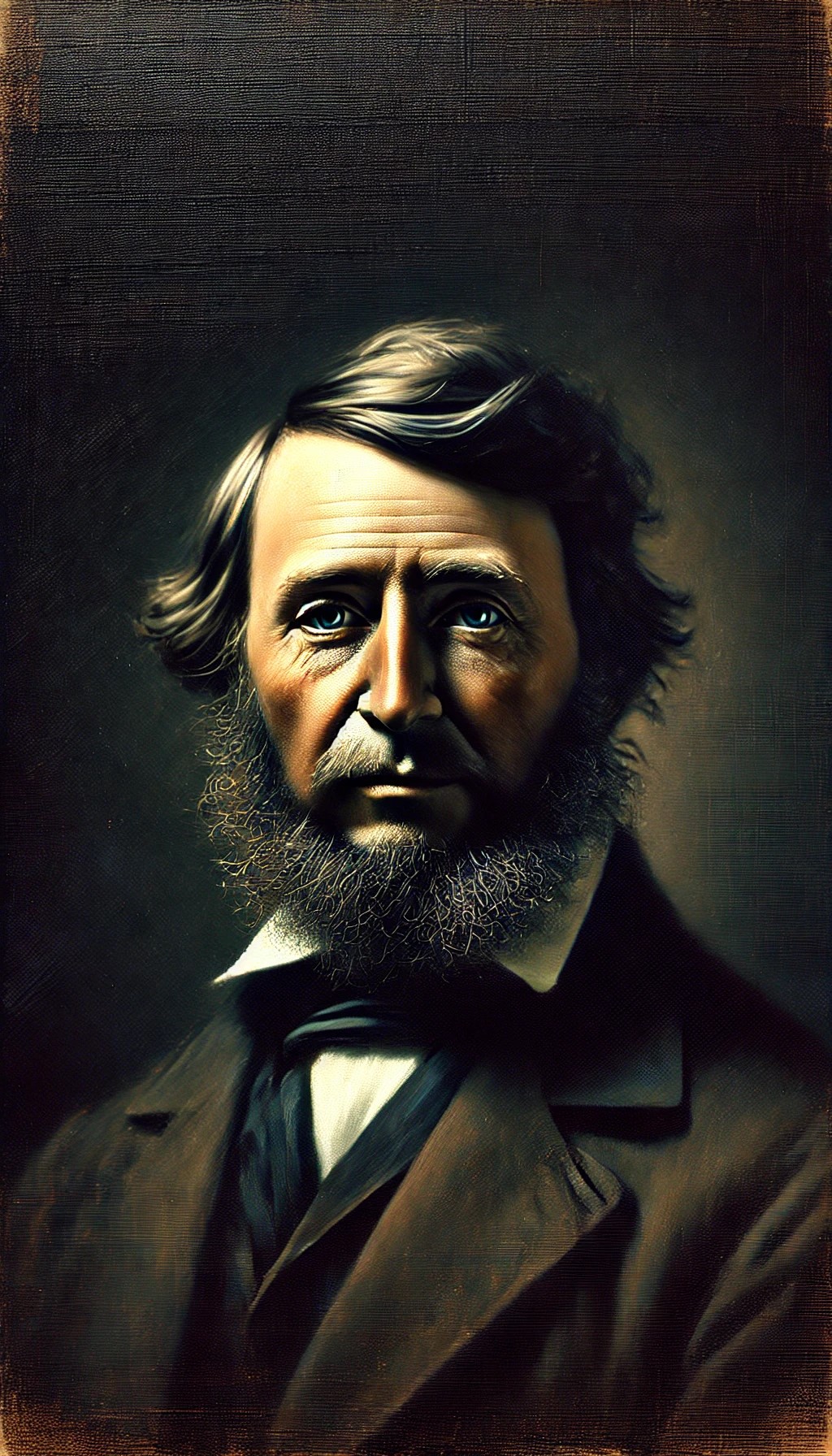“The mass of men lead lives of quiet desperation.” — Henry David Thoreau
Desperation left unspoken has a special kind of dignity; it cloaks itself in routine, breathes through rituals, and grows still deeper in silence. It is the sort of desperation that rests beneath the veneer of composure, behind the practiced polite response to “How are you?” Here, Thoreau strikes at the paradox of the commonplace: while seeming quiet on the outside, this desperation churns inwardly, a hidden wound pulsing below the surface.
But if quiet desperation is the human condition, the real question rests in the “quiet” itself. The phrase suggests that the longing, the tension between “what is” and “what could be,” remains largely undisturbed. Not an outright rebellion, not loud protest, but the slow erosion of vitality—this is the hallmark of a life in quiet desperation. And for Thoreau, who preached simplicity and communion with nature as pathways to true living, this quietness was not peace. It was resignation, a retreat from the unsettling truth that life might be more than duty and drudgery.
How many construct lives filled with productivity, responsibilities, and checklists not as a celebration of life, but as a means to contain it? The average man, as Thoreau might say, could be numbed by the tranquilizing effect of routine—confusing the numbness with contentment. Routine may appear as stability, yet underneath, the mind’s unanswered questions pulse: What else? This faint whisper reverberates through our need for purpose, only half-awake but unignorable.
Thoreau’s quiet desperation is a refusal—a refusal to grapple with the unstructured, the unscheduled, the irrational yearning for more than the predefined. It is not simply the struggle for “better,” but the struggle to confront what “better” might entail if our deepest desires were unbridled, unfiltered by polite silence. It is a tension held between social obligation and private dream, each left unfulfilled, as though genuine satisfaction lies out of reach yet tantalizingly near.
To Thoreau, true desperation was the kind that stayed silent, content with its own confinement. In his view, the mass of men may live outwardly orderly lives, yet, in their refusal to disturb that surface, they conceal the turmoil of unmet potential. Therein lies Thoreau’s indictment—a reminder that contentment found in complacency is no contentment at all.
